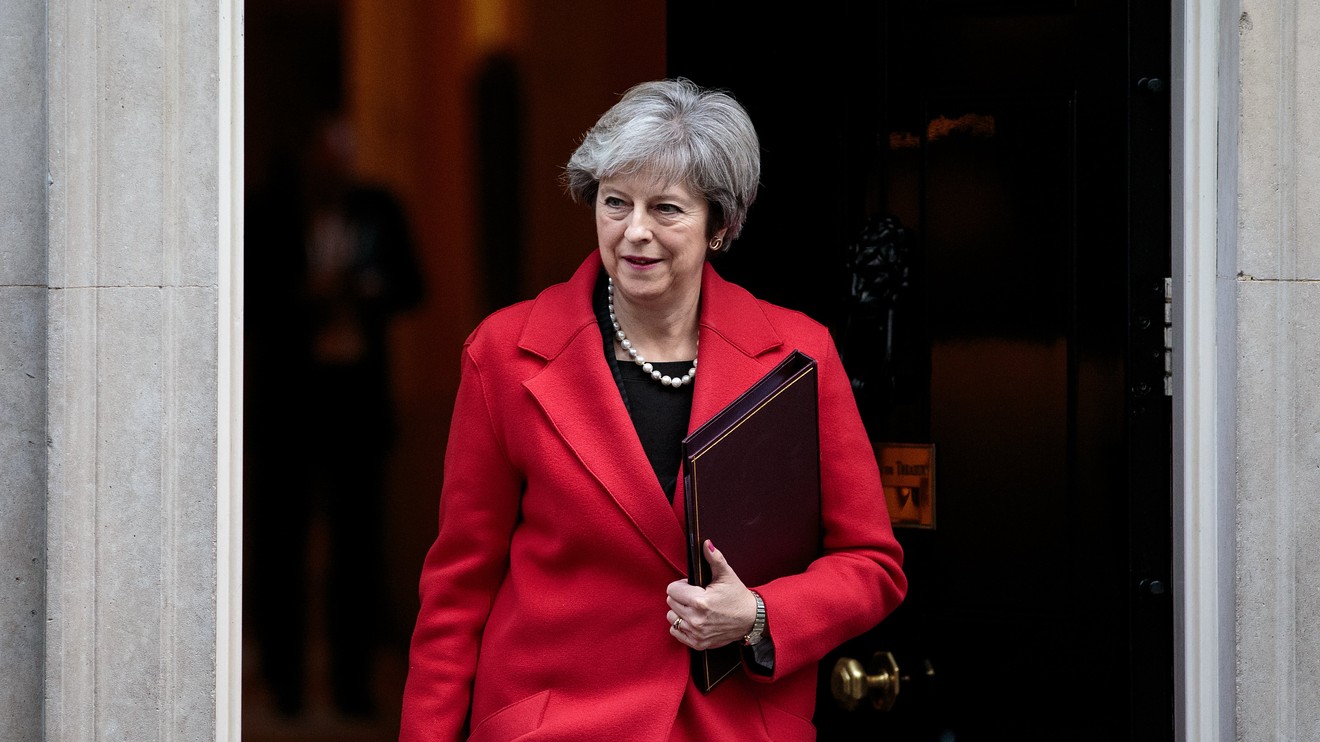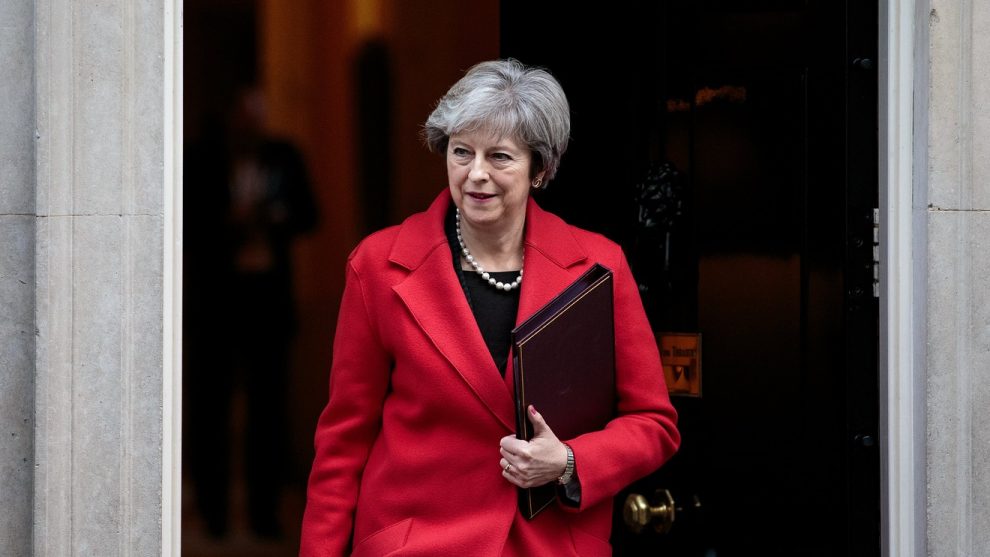
Prime Minister Theresa May has launched one final push to secure support for her Brexit deal as her last attempt to pass it through parliament approaches, scheduled for the first week of June.
Despite the collapse of cross-party talks last week, May will make what she has called a “new, bold offer” to the Labour Party, Northern Ireland’s Democratic Unionist Party (DUP) and Conservative critics, reported the Guardian.
The modified deal, which will be presented to her cabinet this week, would include a series of concessions, including new guarantees on workers’ rights, following leader of the opposition Jeremy Corbyn’s demands. It will also have assurances that British and Northern Irish standards will remain aligned, in an appeal to the DUP.
However, critics immediately attacked the PM for offering a “retread” of ideas that have already been offered, according to the Daily Telegraph. The Guardian also reported that former Brexit minister David Davis has said he would vote against the deal.
If MPs reject May’s withdrawal agreement for a fourth time, she has warned that the country would have to choose between a no-deal exit, a second referendum or an early general election. It is also likely that May will resign, and ministers are already openly campaigning to replace her.
On May 18, eight former Conservative ministers from the party’s liberal wing called on the contenders—including front-runner Boris Johnson—to reject “narrow nationalism of all kinds”.
Johnson, together with fellow pro-Brexit leadership hopeful Dominic Raab, have both said they are ready to take the U.K. out of the EU without any withdrawal agreement in place—which would be economically disruptive, but is popular with the grass-roots Conservative members they need to win over.
May’s allies have warned that if the U.K. crashes out of the EU in the event of a no-deal Brexit, tensions could rise on the Northern Ireland border.
Ireland’s deputy prime minister has ruled out any renegotiation of the Brexit withdrawal deal if Theresa May steps down as prime minister.
“The personality might change but the facts don’t,” Ireland’s deputy Prime Minister Simon Coveney said on RTÉ Radio One, the country’s national broadcaster.
Following the collapse of Brexit talks between the Conservatives and the Labour Party in the U.K., Coveney, who is also the foreign minister, said the Irish government would continue to focus significant efforts and financial resources toward planning for a no-deal Brexit scenario.
Want news about Europe delivered to your inbox? Subscribe to MarketWatch’s free Europe Daily newsletter. Sign up here.












